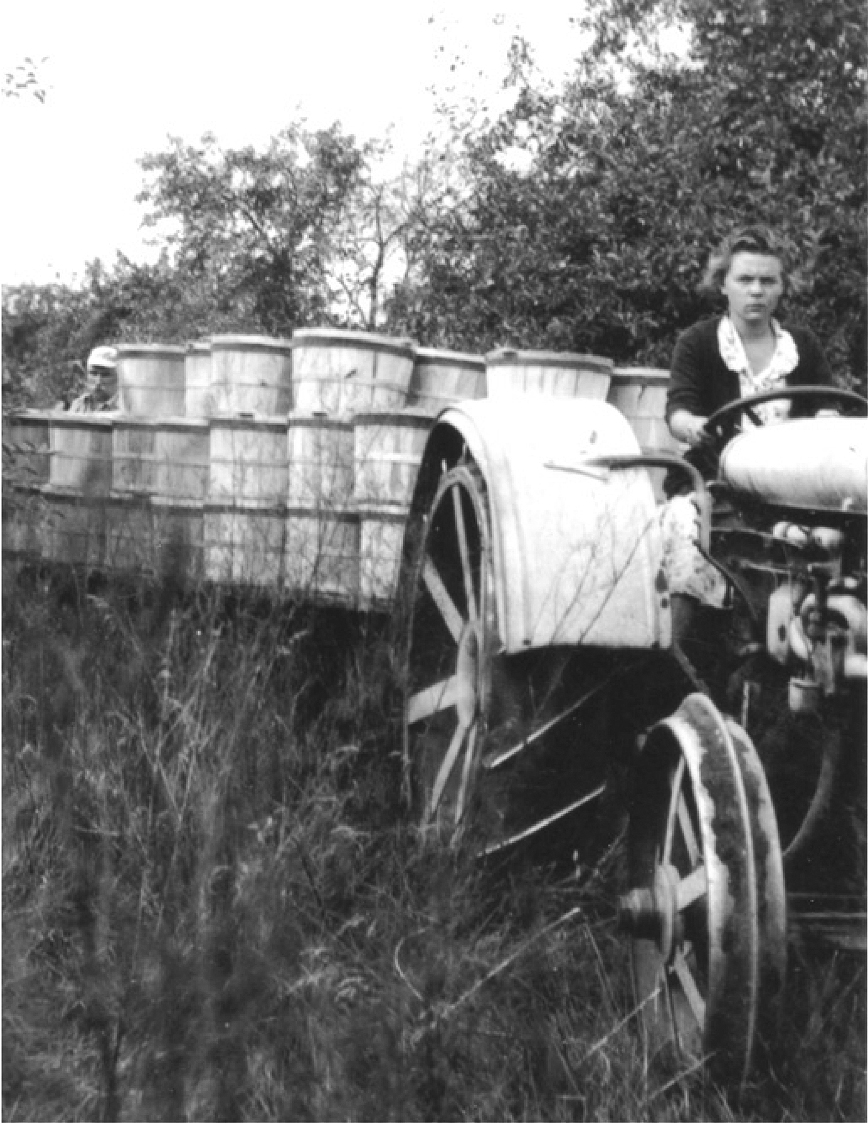 Rosalind Morris was a pioneer in agricultural science at a time when there were very few women scientists. Her achievements were groundbreaking: in 1947, Morris and Leona O. Schnell became the first women to graduate with doctoral degrees from Cornell University’s department of plant breeding.
Rosalind Morris was a pioneer in agricultural science at a time when there were very few women scientists. Her achievements were groundbreaking: in 1947, Morris and Leona O. Schnell became the first women to graduate with doctoral degrees from Cornell University’s department of plant breeding.
That same year, Morris became the first female faculty member hired in the agronomy department at the University of Nebraska at Lincoln (UNL). Later, in 1963, she became the first woman honored as a fellow of the American Society of Agronomy.
“Morris became an outstanding wheat cytogeneticist. She was a mentor to many wheat scientists, and a meticulous teacher,” said Thomas Payne, head of the Wheat Germplasm Bank at the International Maize and Wheat Improvement Center (CIMMYT).
Born in Wales in 1920, Morris had the unique opportunity to study agricultural sciences at a time when most college-age males were involved in World War Two. She earned her Bachelor of Science in Agriculture from the University of Guelph and was soon accepted into the graduate program in the plant breeding department at Cornell University.
During her career, Morris taught graduate courses in plant genetics and cytogenetics, exploring cell function and structure with a particular emphasis on chromosomes. She also became a junior partner in experiments to test the effects of X-rays and thermal neutrons on crop plants, studies, which are said to have grown out of concern over the effects of atomic bombs dropped on Hiroshima and Nagasaki during World War Two.
Morris succeeded in developing wheat genetic stocks, or wheat populations generated for genetic studies, that have worldwide importance in explaining wheat genetics. Her work provides a premier resource base for the emerging field of functional genomics, which explores how DNA is translated into complex information in a cell.
Though Morris is now retired, she often feels “homesick” for her work, according to an interview with the Agricultural Institute of Canada, a sign of the passion which truly makes her a super woman.
Any views expressed in this article are those of the author and not of the International Maize and Wheat Improvement Center.
 Gender equality, youth and social inclusion
Gender equality, youth and social inclusion